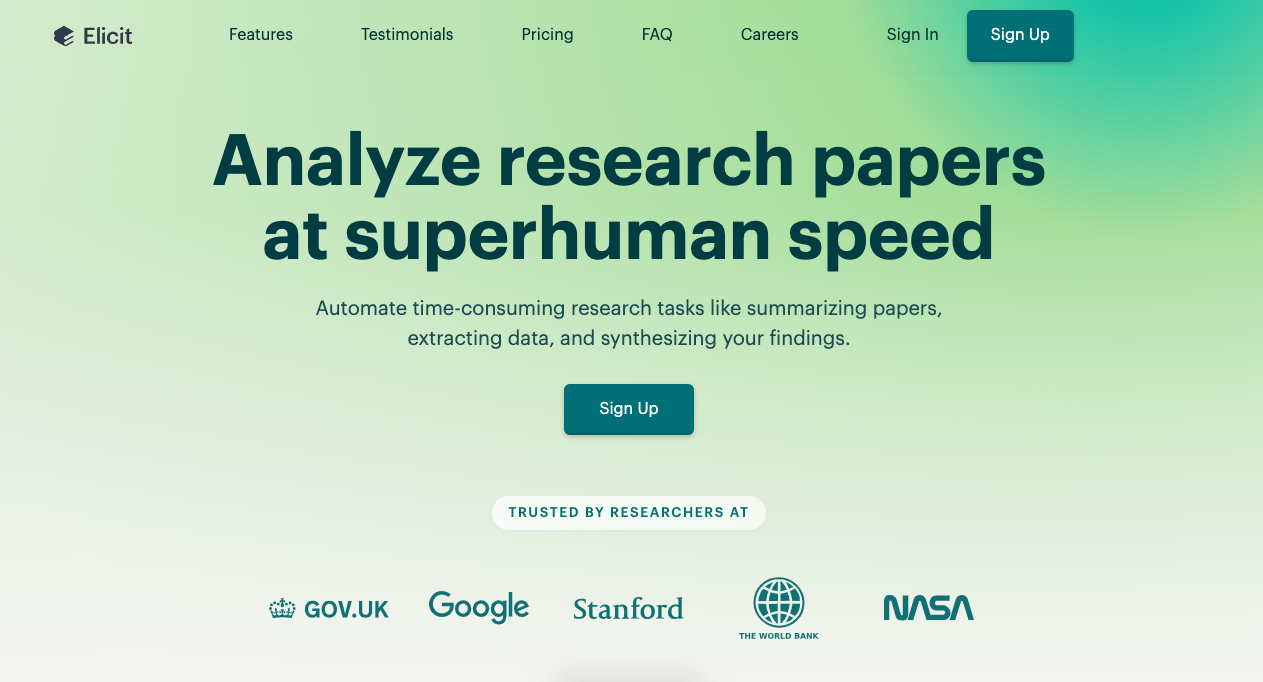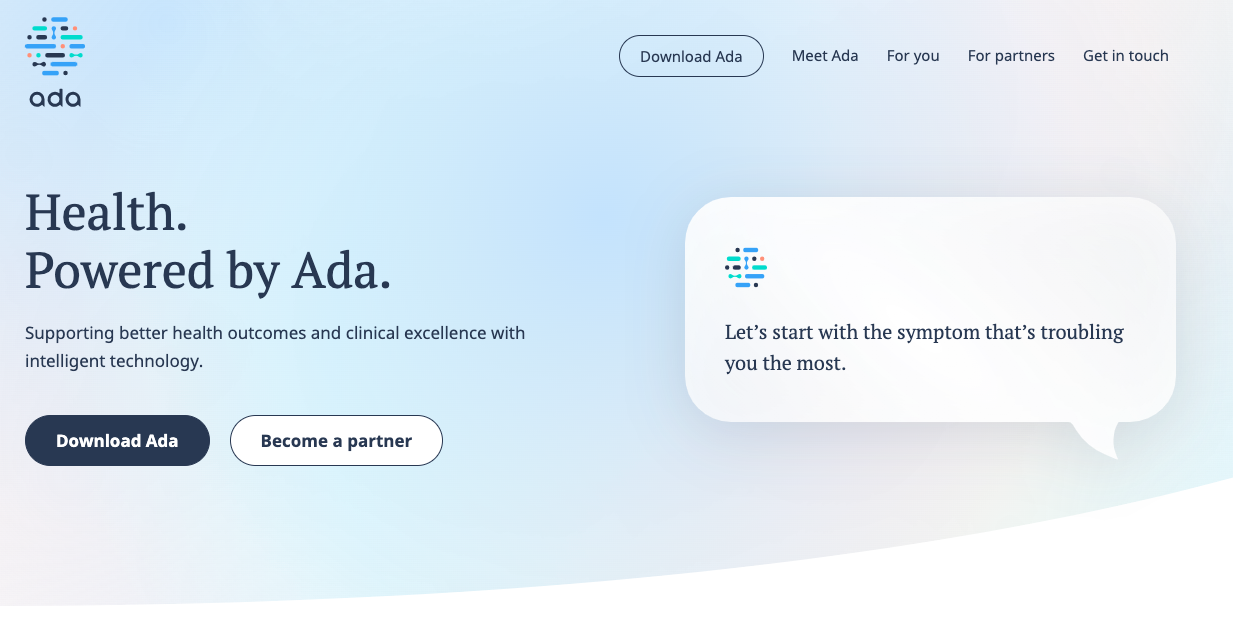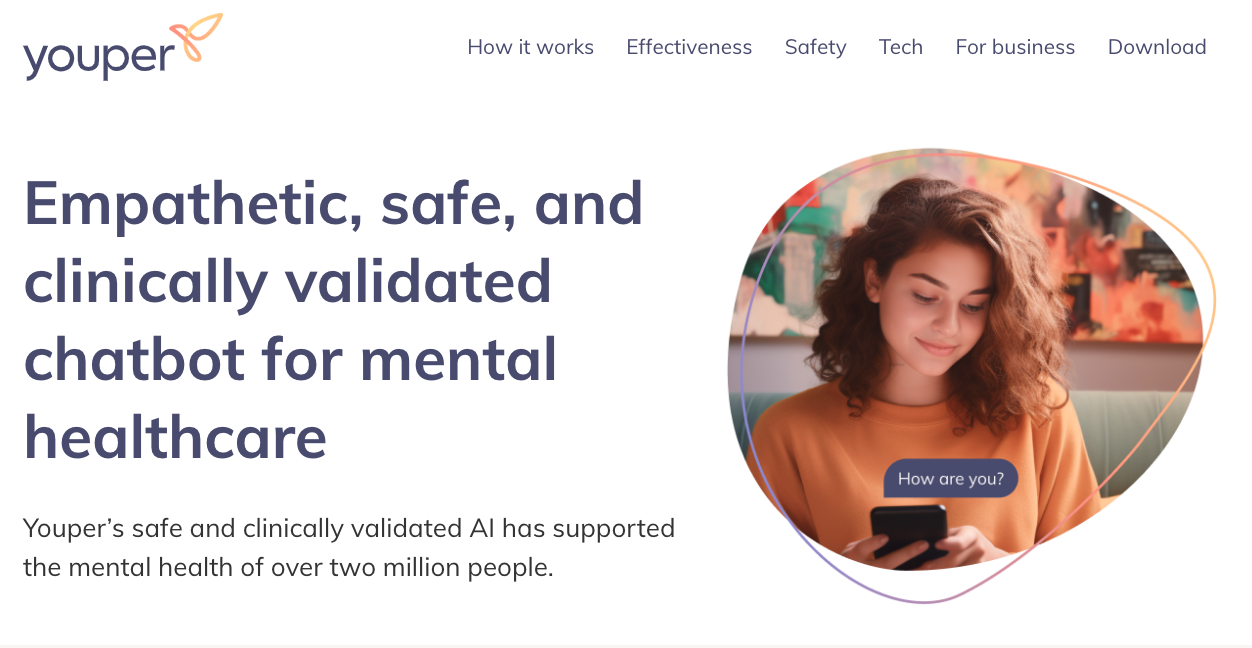Top Health AI Tools
AI is revolutionizing Healthcare by improving diagnosis, treatment, and patient care. AI tools are helping medical professionals, enhancing patient results, and making healthcare more efficient. This section explores AI's role in healthcare and its potential to change how we think about health and wellness.
- Better Diagnosis and Personalized Treatment: AI utilizes deep learning methods to revolutionize medical imaging analysis, enabling the early detection of anomalies in X-rays, CT scans, and mammograms. It analyzes vast medical datasets to recommend personalized treatment strategies for each patient.
- Helping Doctors and Simplifying Tasks: AI virtual assistants are increasingly crucial for patients and healthcare professionals, offering patient support, self-care recommendations, and task automation to potentially reduce ER visits and enable doctors to focus more on direct patient care.
- Predictive Analytics for a Healthier Future: AI facilitates the transition of healthcare providers from reactive to proactive care by employing predictive analytics to identify and address potential health risks early based on patient's medical history, lifestyle, and genetic data.
- Intelligent and Accessible: The future of healthcare looks bright with AI integration, promising improved diagnostics, personalized treatments, resource efficiency, and better access to healthcare, especially in remote areas. It's important to note that AI complements human expertise rather than replacing it.
As AI advances, healthcare will see big changes. AI will bring smarter, more personalized medical care, benefiting both patients and healthcare professionals and making for a healthier future.


